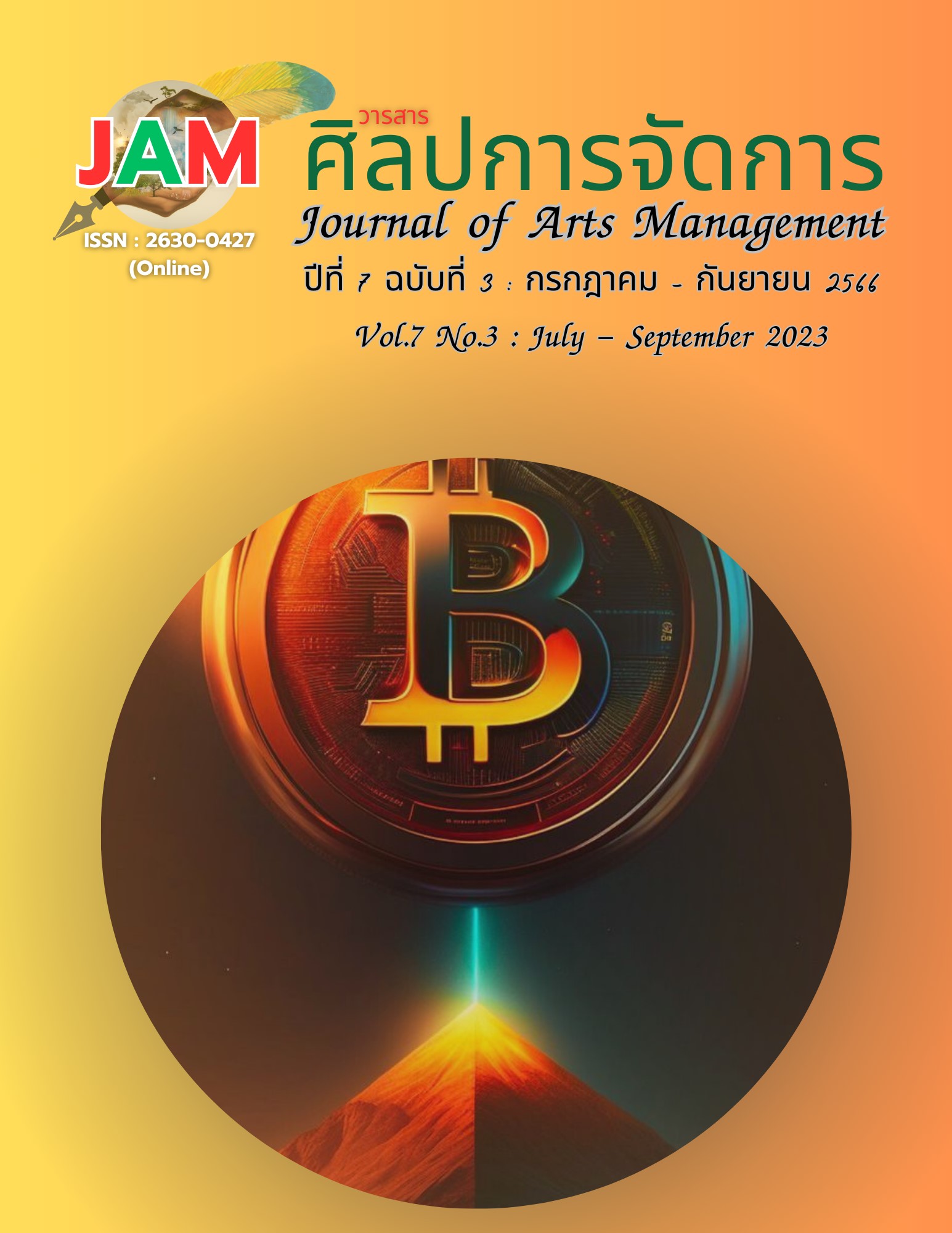Enhancing the Efficiency of Public Service Delivery by Digital Government
Main Article Content
Abstract
The objective of this digital government format is to enhance the efficiency of public services provided by the government. It aims to address the issues faced by government agencies in delivering services and the challenges that hinder the effectiveness of digital government. The analysis, based on the theory of efficiency, focuses on achieving successful outcomes by utilizing the most valuable resources. Digital government is utilized to address problems in the government system through the creation of platforms and applications by various government agencies to provide online services to the public. Other platforms are developed, and laws are enacted to address the issues. Some of the problems faced by the digital government include limited internet access for individuals with low incomes and the elderly who do not use smartphones. The operating system of smartphones is in English, posing a language barrier. There are also security issues with the use of various applications and online scams that deceive people by pretending to be government agencies to extort money. The public lacks knowledge and understanding of internet usage and technology. The government's applications are not widely used. Government officials sell personal data to unethical individuals, and the broad legislation does not specify the wrongdoing of these individuals. Therefore, it is necessary to provide knowledge and understanding to the public regarding internet usage, technology, and preventing dangers from cybercrimes in various forms. The development of government platforms and applications should be emphasized.
Article Details

This work is licensed under a Creative Commons Attribution-NonCommercial-NoDerivatives 4.0 International License.
Views and opinions appearing in articles in the Journal of Arts of Management It is the responsibility of the author of the article. and does not constitute the view and responsibility of the editorial team I agree that the article is copyright of the Arts and Management Journal.
References
Adams, H. (2018, April 3). What is GovTech, and How Does it Differ From Civic Tech?. https://herbertadamsattorney.contently.com/
Banton, C. (2022, June 02). Efficiency: What It Means in Economics, the Formula to Measure It. https://www.investopedia.com/terms/e/efficiency.asp
Budget Bureau, Office of the Prime Minister. (2001). Modernizing Budget Management. Office of the Prime Minister.
Digital Government Development Agency (Public Organization) (DGA). (2020). GOVTECH Foresight: The Future of Global Technology Towards the Thai Government, November 2020. Version 1.0. https://www.dga.or.th/document-sharing/dga-e-book/79533/
Inthaphrom, W. (2022). Administration and Development of Public Policy Networks (2nd ed). Naphat Copy Shop.
Krasaesoonthorn, S. (2023). Policy Brief Summary No. 1/2566: Solutions for Telecommunication (Call Center) Unemployment Problem. National Assembly Library of Thailand. https://library.parliament.go.th/th/workrelated/2565-rd-Policy-Brief-01
Sukto, A. (2023). Criminal Syndicates of Call Center Frauds. National Assembly Library of Thailand. https://library.parliament.go.th/th/radioscript/rr2565-jul7
Vesarat, P. (1994.). Title: Trends in the Distribution of State Power. In Seminar on the Distribution of Power and the Future Development of Local Governance in Thailand, August 16-18.


